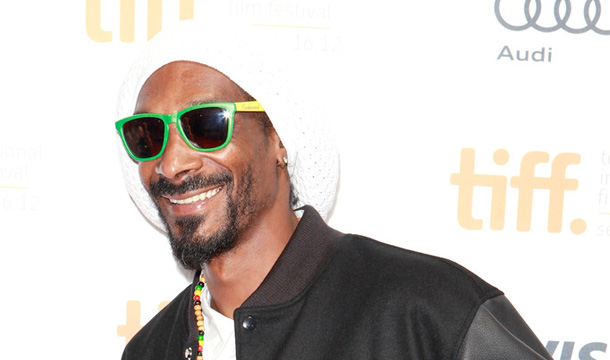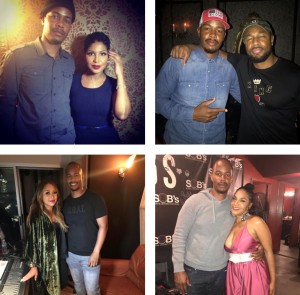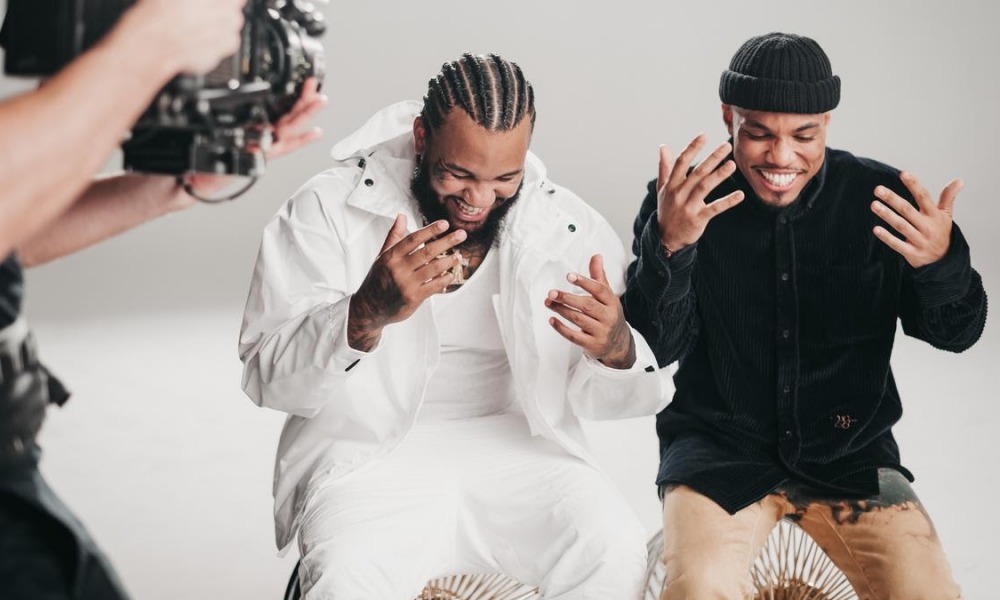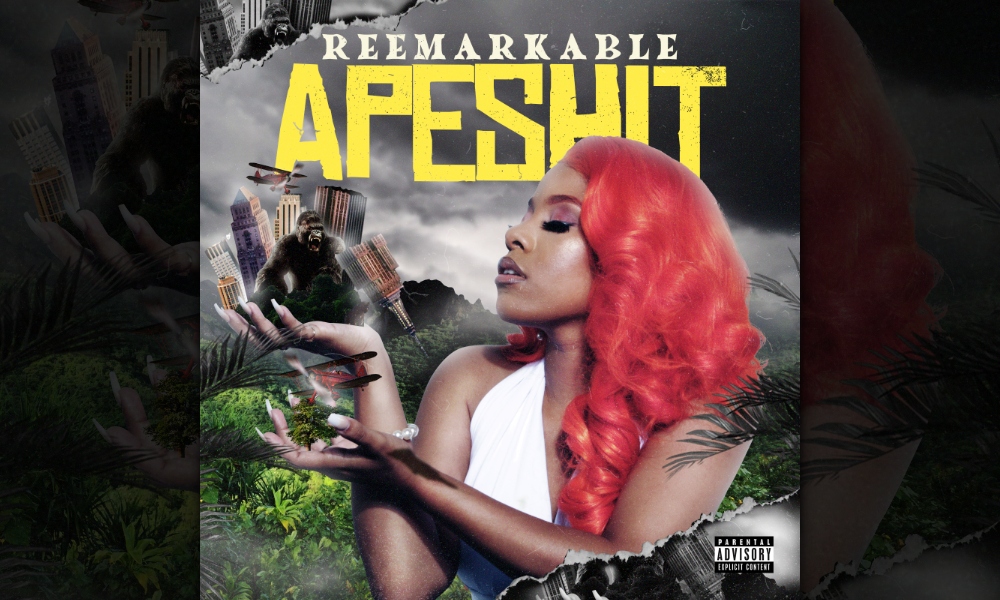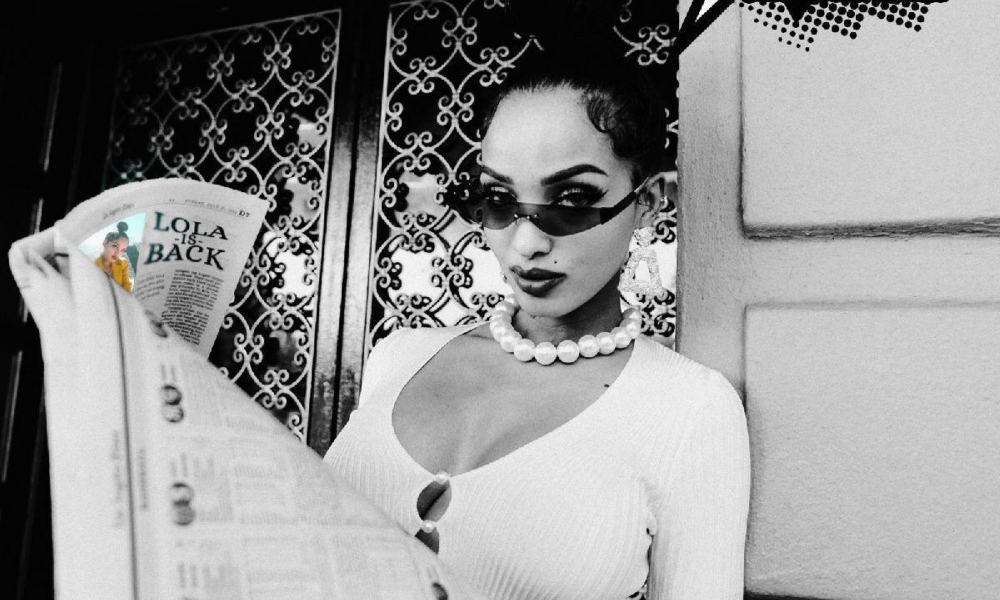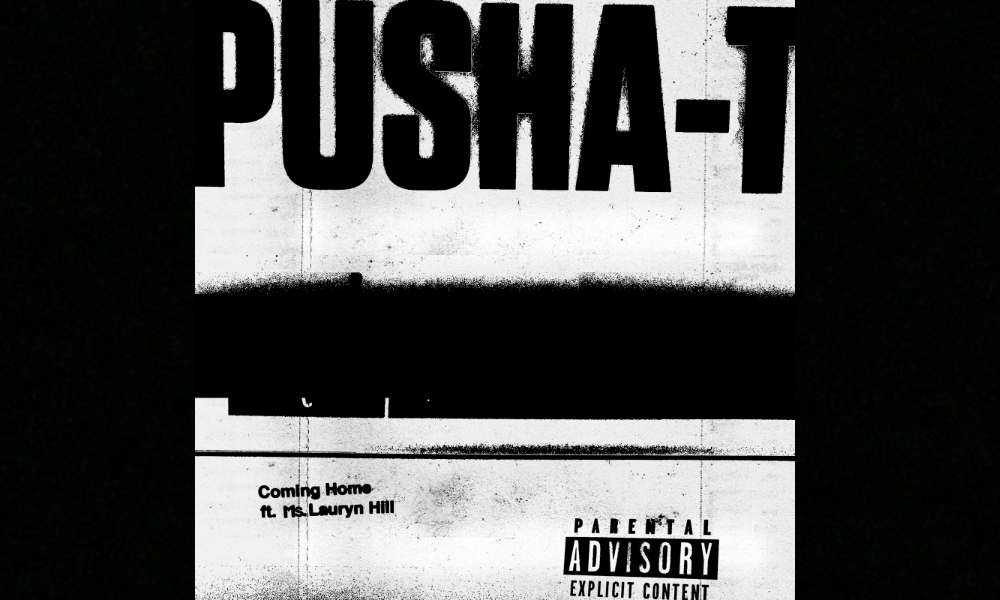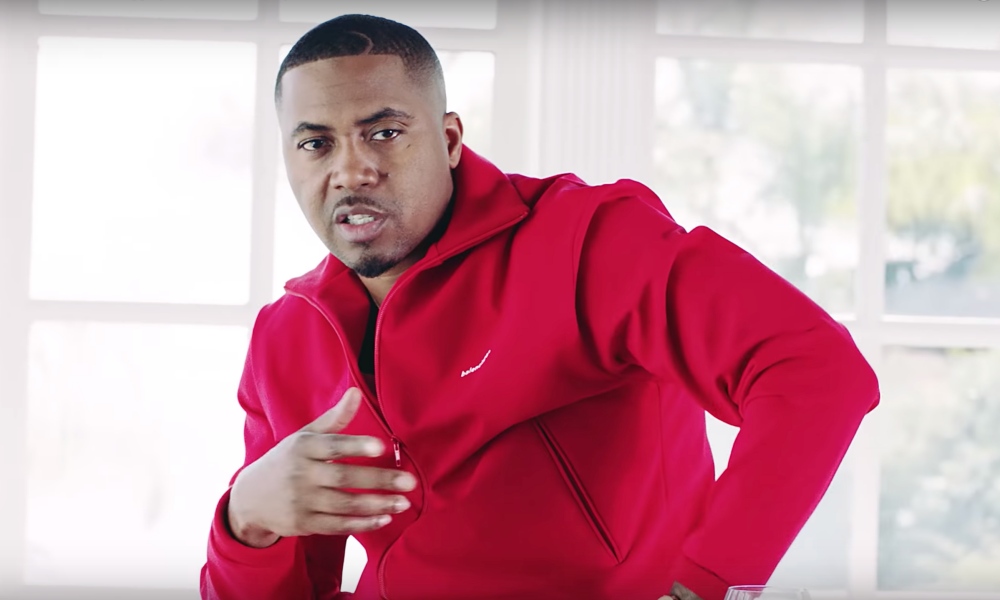With all the different movements to make the playing field even for gay, straight, and other sexual orientations, it seems the hip hop world will be the hardest to crack. Rapper Snoop Dogg (Lion), who supports same-sex marriage, says homosexuality and rap music don't work, even though Frank Ocean came out publicly last year.
"Frank Ocean ain't no rapper. He's a singer. It's acceptable in the singing world, but in the rap world I don't know if it will ever be acceptable because rap is so masculine," Snoop told UK's The Guardian.
He continues: "It's like a football team. You can't be in a locker room full of motherf—-g tough-ass dudes, then all of a sudden say, 'Hey, man, I like you.' You know, that's going to be tough."
Snoop insist the business would have to change first, but he has no problems with it. "I don't have a problem with gay people. I got some gay homies," he adds.
Snoop Dogg has been one of the most iconic figures in rap music for decades. But recently, he’s sparked a heated debate with comments about gay acceptance and its place in the rap world. He suggested that gays may never be accepted by rap fans or artists, which has caused quite an uproar among his followers – both gay and straight alike. While Snoop is no stranger to controversy, these remarks have raised questions about what it would take for the genre to become more inclusive. In this article, we’ll explore Snoop’s comments on homosexuality and how they might shape future conversations around LGBTQ+ rights within hip-hop culture.
The Controversy
Controversy has long surrounded the topic of acceptance for LGBTQIA+ people in the rap world. Snoop Dogg, one of the most influential and celebrated figures in contemporary hip-hop culture, recently weighed in with a comment that has since sparked debate among fans and critics alike. In an interview on U.K.-based radio station Capital Xtra, he said that while artists like Frank Ocean are embraced by some members of the industry, they may never be fully accepted due to “the energy and emotion” associated with rap music.
This statement immediately stirred up criticism from those who felt it was dismissive of queer rappers’ efforts to break into the genre. Many argued that such attitudes set back progress towards broader representation within the genre as well as greater understanding and tolerance more generally. Some also suggested that Snoop’s opinion did not reflect current trends or developments which have seen mainstream success stories emerge from LGBT hip-hop acts like Mykki Blanco and Le1f.
Despite this backlash, there is no doubt that significant issues remain when it comes to allowing gay performers a place at rap’s table –– especially given other comments made by prominent figures suggesting homophobic lyrics should still be allowed in hip-hop songs if they express genuine feelings. As discussions around these topics continue to evolve over time, only then can we truly assess whether true equality exists within rap music today.
Reactions To The Statement
Snoop Dogg’s comments quickly provoked strong reactions from fans and critics alike. Many were disappointed that the rapper had seemingly adopted a pessimistic attitude on the issue, with some arguing that this sentiment could set back progress towards greater acceptance for queer performers in the industry. Meanwhile, others disagreed with Snoop’s view entirely, pointing to recent successes stories like Mykki Blanco and Le1f which suggested there was now space for LGBT artists within rap music.
However, it wasn’t just those who felt excluded by his statement who spoke out; even allies of LGBTQIA+ people voiced concerns about its implications. For instance, some argued that such an outlook perpetuated problematic stereotypes about hip-hop culture –– namely that homophobic lyrics are somehow more authentic or emotionally valid than their inclusive counterparts. This opinion was echoed by many across social media platforms, where users questioned why expressions of hate should be considered acceptable while positive messages of support remain largely ignored.
Clearly then, despite the strides made in recent years by figures like Frank Ocean and Janelle Monae within rap music, much work still needs to be done when it comes to allowing equal representation for all members of the community regardless of gender identity or sexual orientation. Whether we will see true equality achieved anytime soon remains uncertain, but what is clear is that conversation around these topics must continue if any real change is going to happen at all.
Conclusion
In conclusion, Snoop Dogg’s comment about the acceptance of gays in the rap world has sparked a great deal of debate and controversy. His statement has been met with both criticism and support from different members of the hip hop community. While some have argued that homophobia should not be tolerated within any profession or industry, others feel as though it is an issue best left to individuals to decide for themselves.
Ultimately, only time will tell if attitudes towards homosexuality will change within the rap genre. It may take years before there are enough openly gay rappers who can challenge stereotypes and influence people’s perception of gender identity and sexuality. Until then, I believe we must remain open-minded and continue to push for greater equality and acceptance regardless of sexual orientation or gender identity. Everyone deserves a chance to pursue their dreams without fear of discrimination or prejudice.
Founder and Creator of Singersroom.com and IncredibleWork.com. Follow me on Instagram at @gary.gentles.
